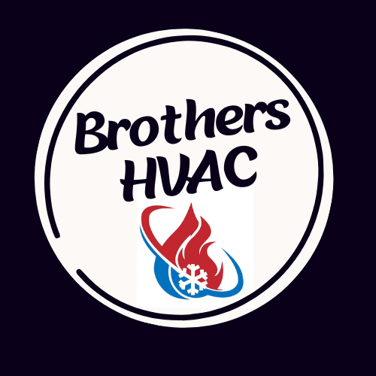Water heater safety
Water heaters are the unsung heroes of modern homes, silently providing us with hot water for all our daily needs, from bathing to cooking and cleaning. Yet, while they offer unparalleled convenience, water heaters can also pose safety risks if not properly maintained and used. To safeguard your family and home, it's crucial to follow some essential water heater safety tips. In this blog post, we'll discuss the top 5 water heater safety tips that every homeowner should know.
1. Regular Inspection and Maintenance: Regularly inspecting and maintaining your water heater is vital for its longevity and safety. Keep an eye out for signs of trouble such as corrosion or rust on the tank or pipes, leaking water around the base of the tank, strange noises emanating from the unit, or water that is too hot or not hot enough. If you notice any of these issues, don't hesitate to contact a professional plumber for prompt repairs.
2. Keep the Area Around Your Water Heater Clear: It's essential to maintain a clear space around your water heater, free from clutter and combustible materials. Avoid storing items such as paper products, gasoline, paint, clothing, or rags near the unit. Keeping the area clear reduces the risk of fire and ensures proper ventilation for the water heater.
3. Install a Carbon Monoxide Detector: Carbon monoxide (CO) is a silent killer, as it is colorless, odorless, and tasteless. Gas water heaters can produce CO if not adequately vented or if the unit malfunctions. Protect your family by installing a carbon monoxide detector near your water heater and other areas where gas appliances are used.
4. Set the Proper Water Temperature: Setting the correct water temperature on your heater is essential for preventing scalding accidents and conserving energy. The U.S. Department of Energy recommends setting your water heater's temperature to 120°F (49°C) for optimal safety and efficiency. Consider installing anti-scald devices on faucets and showerheads, especially if you have young children or elderly family members at home.
5. Know How to Shut Off Your Water Heater and Gas Supply: In case of an emergency, knowing how to shut off your water heater and gas supply quickly can prevent further damage and ensure safety. Familiarize yourself with the location of the shut-off valves for the water and gas lines connected to your water heater. Being prepared can make all the difference in critical situations.
By following these water heater safety tips, you can ensure the continued safety and efficiency of your water heater, providing peace of mind for you and your family. For professional water heater maintenance and repair services, trust Brothers HVAC to keep your unit running smoothly and safely.
